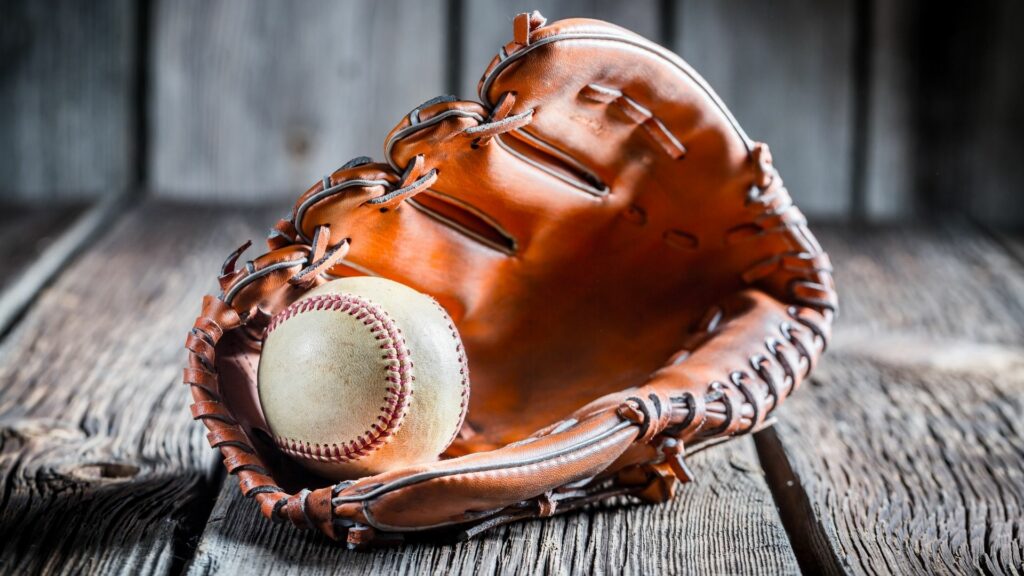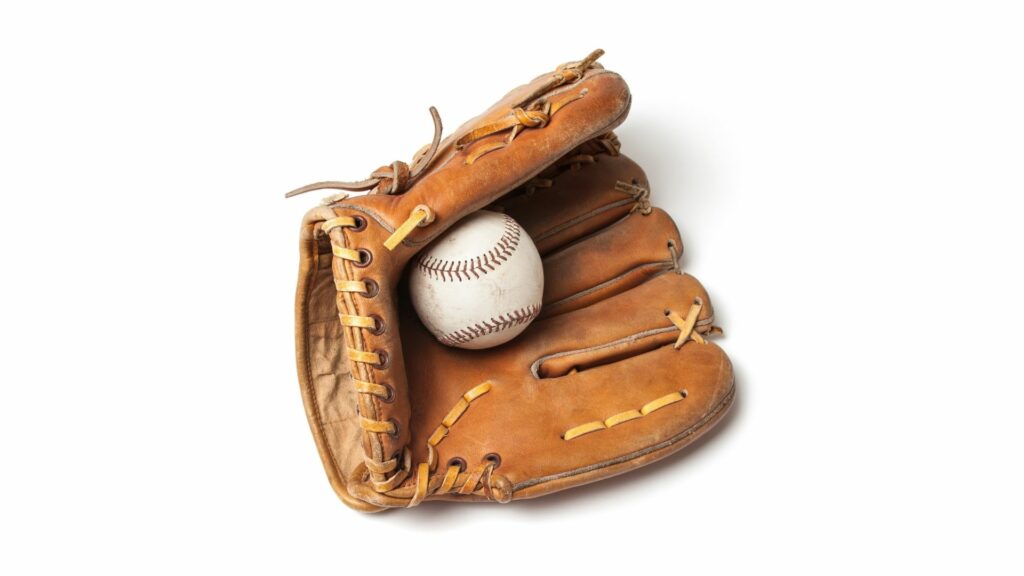The Benefits of Playing Baseball for Kids
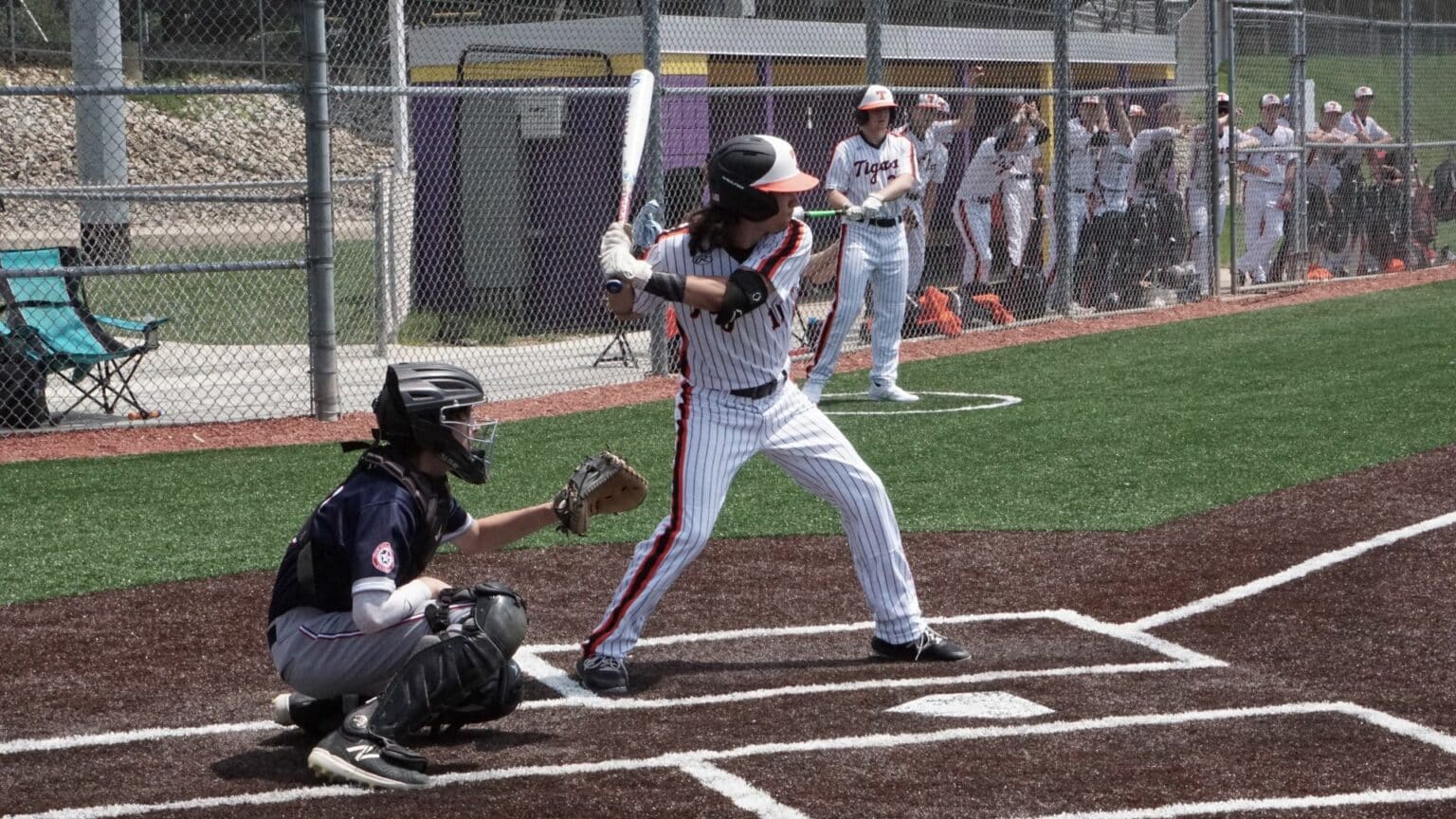
Last Updated: August 9, 2022
Parents often wonder if playing organized sports is worth the time and money. For baseball specifically, there are many benefits that make signing kids up for lessons or joining a team a great idea. Here are some of the advantages that your child could experience by playing baseball:
Communication: In order to be successful, baseball players need to communicate with their teammates. This involves listening carefully, asking questions, and sharing information. These communication skills are important in all aspects of life.
Physical activity: Baseball is a physical sport that requires running, hitting, and throwing. This gives kids a chance to get some exercise while they’re having fun. Being active is important for overall health and well-being.
Discipline: Players need to follow rules and stick to the guidelines set by the coach or team captain in order to play baseball effectively. This discipline can carry over into other areas of life such as following instructions at school or work.
Focus: Paying attention and staying focused are essential for playing baseball well. Players need to be aware of what’s going on around them so they can make quick decisions. This type of focus can be helpful in paying attention at school or work tasks that require concentration.
Baseball also requires split-second decisions and quick reflexes. Players must learn to control their bodies and make adjustments on the fly. These skills can help kids in everyday activities like riding a bike or playing tag with friends.
Physical coordination isn’t the only thing developed through baseball. The sport also gives kids the opportunity to socialize and develop teamwork skills. Playing on a team teaches children how to cooperate with others, communicate effectively, and set goals together. They also learn how to handle winning and losing gracefully. Playing baseball also instills a sense of fair play and commitment in kids. By being part of a team, children learn that there is more to playing the game than just winning or losing. They also learn how important it is to be respectful of their opponents and show good sportsmanship both on and off the field.
In addition to the benefits mentioned above, playing baseball can also be a great way for kids to stay active and healthy. According to the Centers for Disease Control and Prevention (CDC), children should participate in 60 minutes or more of physical activity each day. Spending time outdoors playing games like baseball is a great way for kids to meet this recommendation.
Why Play Baseball?

Baseball is a sport that is enjoyed by millions of people around the world. It is a game that can be played by anyone, regardless of age, gender, or skill level. Baseball is a great way to stay active and have fun with friends and family.
There are many reasons why people play baseball. Some people play because they enjoy the challenge of trying to hit a small, fast-moving object with a stick. Others enjoy the strategizing involved in trying to score runs while preventing the other team from doing so. Whatever the reason, baseball is a great game that can be enjoyed by everyone.
One of the things that makes baseball so enjoyable is that it can be played at different levels of competitiveness. If you just want to relax and have some fun, you can play a pick-up game with friends at the park. If you’re looking for something more challenging, you can join a Little League or Major League team.
Another reason why people love baseball is because it requires strategy and skill to succeed. Hitting the ball isn’t enough — you also need to know how to steal bases, field well, and make smart decisions on defense. If you’re up for a mental challenge as well as physical one, baseball is the perfect sport for you. So why not give baseball a try? It’s a great way to get outside, meet new people, and have a ton of fun. Plus, it’s a great workout. You’ll get to run around the bases, field well, and make smart decisions on defense.
So whatever your motivation for wanting to play baseball may be, know that there are many rewards awaiting you if you give it a try. From gaining new physical skills to building important life lessons, playing baseball can provide benefits that last a lifetime.
What Is The Importance Of Catching In Baseball?
In baseball, catching is one of the most important skills. A catcher’s primary job is to catch pitches that the pitcher throws, but they also play a major role in game strategy and controlling the tempo of the game.
Good catchers are skilled at framing pitches, which means they position themselves in a way that makes it look like a pitch is closer to the strike zone than it actually is. This can give pitchers an edge, as hitters are more likely to swing at balls that appear to be close to the plate. Catchers also have to be quick on their feet to handle wild pitches and prevent base runners from stealing bases.
An important part of a catcher’s job is calling for pitches. They must have a good understanding of each pitcher’s strengths and weaknesses, as well as what each hitter does best and worst against certain types of pitches. By calling for specific pitches in specific situations, catchers can give their pitchers an advantage and help them get outs.
Catchers also play a big role in managing the defense. They act as an extra coach on the field, making sure everyone is positioned correctly and knows what they should be doing during each play. When there’s a runner on base, catchers are responsible for the most important part of the defense: stopping runners from stealing.
A lot of times, people will say that baseball is a game of inches. And while that’s true to some extent, there’s no denying that catching plays a HUGE role in the sport. In fact, you could make the argument that it’s the most important position on the field when it comes to defense.
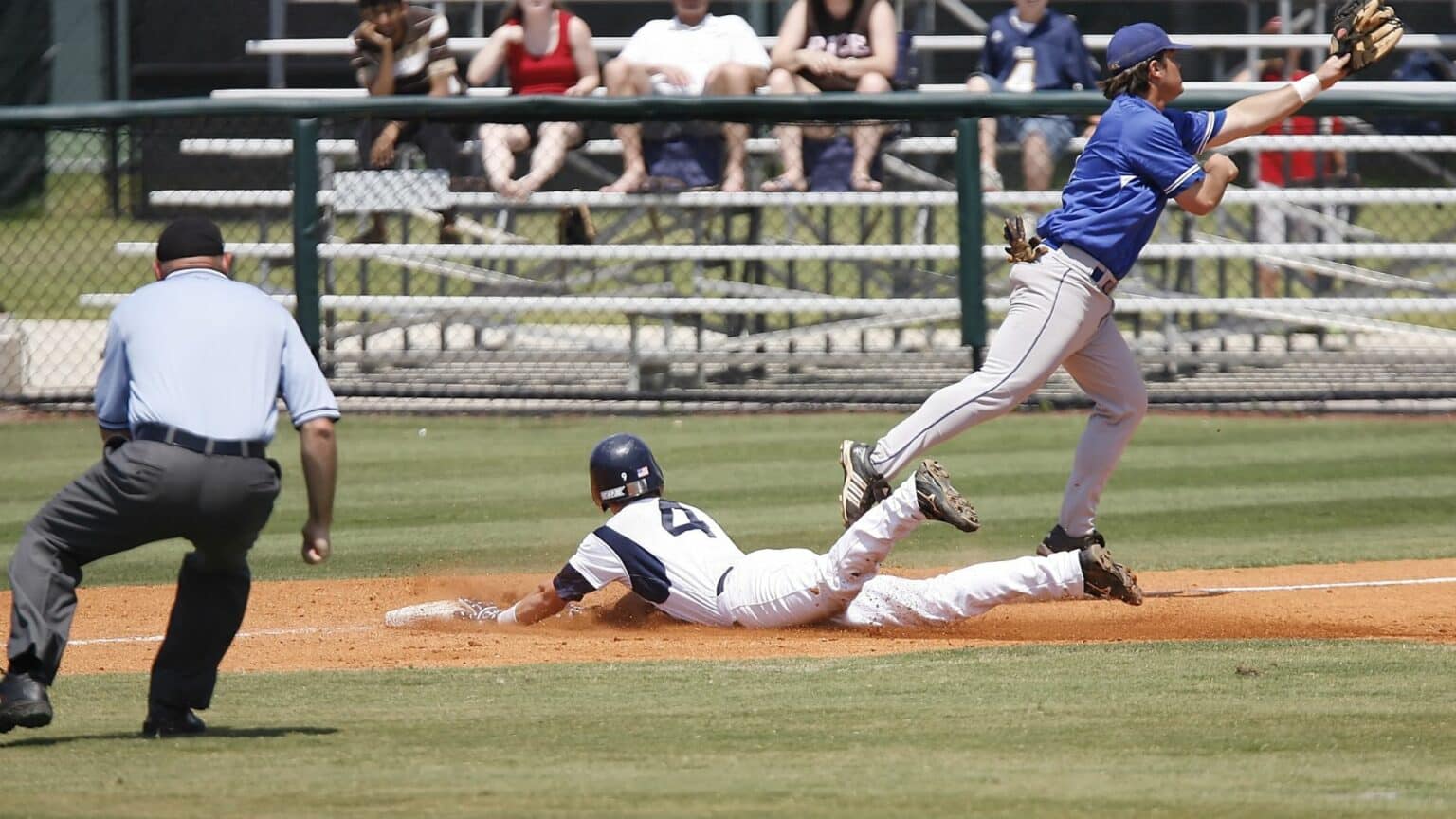
As we all know, every single pitch in baseball matters. And while the outcome of any given at-bat may seem like it depends on a ton of different factors – the hitter’s approach, the count, what type of pitch is thrown – there’s one thing that can make a HUGE difference in the outcome of an at-bat, and even a game: framing pitches.
For those who don’t know, framing pitches is when a catcher catches a ball thrown by the pitcher and “frames” it so that it looks like it was caught closer to the strike zone than it actually was. By making small adjustments with his glove or body positioning, a good framer can turn borderline pitches into called strikes – which can be HUGE in late-game situations or close games.
In fact, according to Baseball Prospectus’ Framing Runs metric (which assigns runs above or below average to catchers based on their ability to frame pitches), Yadier Molina – considered by many to be the bestframer in baseball – has been worth approximately 52 runs over his career just by framing pitches! That’s the equivalent of about 5 wins, which is huge.
Framing is so important because it can be the difference between a ball and a strike. And as we all know, balls and strikes are extremely important in baseball. A ball means the hitter has more of an opportunity to reach base or drive in a run, while a strike brings the hitter one step closer to being out. Obviously, the pitchers want to throw strikes and the hitters want to hit balls, so it’s in everyone’s best interest for there to be as many strikes as possible. That’s where framing comes in.
A good framer will catch borderline pitches that might be called balls and turn them into strikes, while a bad framer will let those same pitches sail by for balls. This may not seem like a big deal, but over the course of a game or even a season, those extra strikes can add up and make a huge difference.
According to StatCorner’s catcher report (which uses pitch-tracking information from MLB Advanced Media), catchers can save or cost their teams anywhere from about 12 to 24 runs over the course of a season, which is roughly one to two wins. That’s a significant difference, and it’s one that can have a real impact on a team’s fortunes. A good catcher can be the difference between a contending team and also-ran, or even between playoff contenders and World Series contenders.
For example, last season the Chicago Cubs had one of the best catchers in baseball in Willson Contreras, who was worth an estimated 16 runs above average according to StatCorner. That helped push the Cubs over the top and into the postseason, where they eventually won the World Series.
Conversely, the San Francisco Giants had perhaps the worst catching tandem in baseball last year with Buster Posey and Trevor Brown combining to cost their team 15 runs below average. The Giants missed the playoffs by just three games, so it’s not hard to imagine that having even an average catcher could have put them over the top and into October.
Is Pony Baseball Better Than Junior baseball?
Pony baseball is a youth baseball organization with divisions in many states across the U.S. Junior baseball is another youth baseball organization, but it is not as widely known. So, which one is better?
There are several things to consider when trying to answer this question. Firstly, what are the differences between the two organizations? Secondly, what do experts say about each? And finally, what do parents and players have to say about their experiences with each organization?
The most obvious difference between Pony baseball and Junior baseball is that Pony baseball has divisions for 13- and 14-year-olds, while Junior Baseball only has divisions for 13-year-olds. This means that if you want your child to play in a Junior Baseball division, he/she must be 13 years old on or before April 30th of the playing year. There are no exceptions.
The rules for both Pony baseball and Junior baseball also differ in a few key ways. For example, in Pony baseball lead offs and steals are allowed during pool play games (games between teams from different leagues), but they are not allowed during bracket play (elimination games). In addition, pitchers in Pony Baseball must pitch from a flat ground instead of a mound, which makes it easier for hitters to see the ball and hit it more often. The shorter distances also make it more difficult for pitchers to strike batters out, so games tend to be higher scoring in Pony Baseball than in other types of baseball.
So, is Pony Baseball really better than Junior baseball? It depends on what you’re looking for. If you want your child to be challenged and have the opportunity to play against better competition, then Junior baseball is probably the way to go. However, if you’re looking for a less competitive environment where your child can have fun and learn the basics of the game, then Pony Baseball may be a better option. Keep in mind that each league has its own rules and regulations, so be sure to do your research before signing your child up for either one.
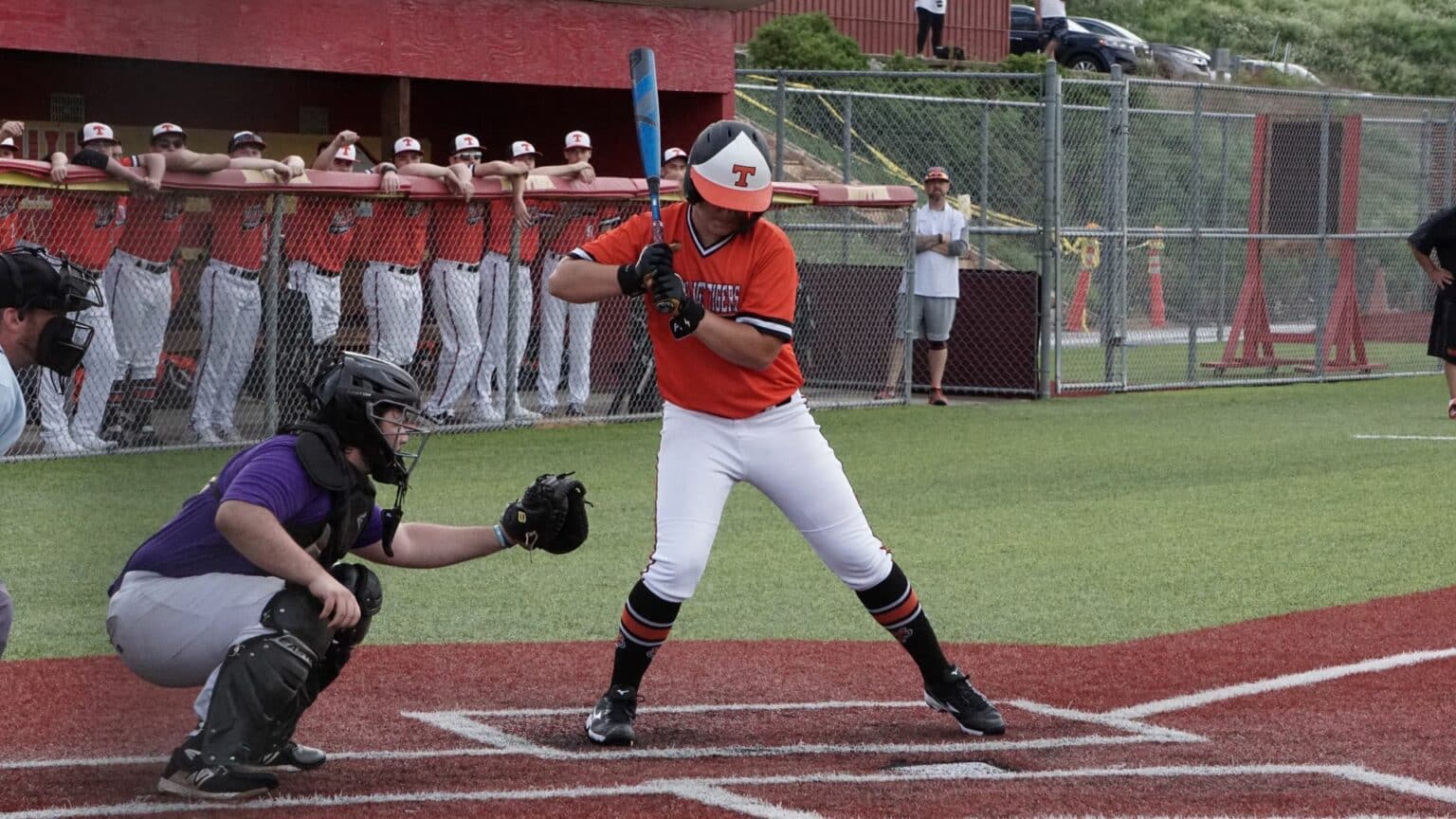
If your child is interested in playing baseball, you may be wondering if Pony league is the right choice. Here’s a look at the pros and cons of Pony baseball vs Junior baseball to help you make the best decision for your child.
Pony league is a great choice for kids who are just starting out in baseball. The shorter field and smaller teams make it easier for young players to learn the game and get plenty of playing time. There’s also less pressure in Pony league, so kids can have fun while they’re learning the basics.
However, Junior baseball offers a few advantages that Pony league doesn’t. First, Junior games are played on regulation-size fields, so kids will get used to the larger playing area before they move up to high school or college ball. Additionally, Junior teams typically have more experienced players, which can help your child improve his or her skills more quickly.
So which is better? Ultimately, it depends on your child’s individual needs and preferences. If he or she is just starting out in baseball and you want them to learn at a slower pace with less pressure, then Pony league is probably the way to go. However, if your child has some experience already and wants to progress more quickly, then Junior baseball may be the better choice. Ultimately, the decision of which league to choose is up to you and your child, so do some research and decide what will work best for your family.
What is the Captaincy in Youth Baseball?
What is the captaincy in youth baseball? The role of the captain is to provide leadership for the team both on and off the field. They are responsible for representing the team at all times, whether it be during practice, games or tournaments. It is also the captain’s duty to motivate their teammates and uphold team morale. In addition, captains must be able to make quick decisions in order to strategize game-play. They need to be able communicate well with both coaches and players. Lastly, they serve as a role model to younger players on the team.
The title of “captain” should be earned and not simply given out. Players who are elected captains by their teammates have usually displayed qualities such as dedication, hard work and commitment both on and off the field. These are players who are looked up to by their fellow teammates as leaders.
Being named captain comes with a great deal of responsibility but also provides many benefits. For instance, captains often feel a sense of pride and ownership over their teams. They get to help set the tone for how their team operates both on and off the field. Captains also develop strong bonds with their teammates, which can lead to lifelong friendships.
Assuming you are talking about a youth baseball team captain, there are many responsibilities that come with the title. The first and most obvious responsibility is to be a leader both on and off the field. This means being a role model for your teammates in terms of effort, attitude, and ability.
As a captain, you will also be responsible for helping to set the tone for your team. Are you going to be a serious and focused group that takes things seriously? Or are you going to be a laid back group that just enjoys being out on the diamond? It’s up to you as captain to help set that tone.
Another big responsibility of being a captain is developing strong bonds with your teammates. These relationships can last long after your playing days are over and can turn into lifelong friendships. Part of developing these bonds is getting to know each one of your teammates both on and off the field so that you can better understand them as people.
So those are just some of the responsibilities that come with being a youth baseball team captain. It’s definitely not an easy job but it’s one that comes with a lot of pride and satisfaction. If you have what it takes to be a leader and motivator, then becoming a captain is definitely something you should consider. It’s an experience that you’ll never forget and one that will teach you a lot about yourself, as well as others.
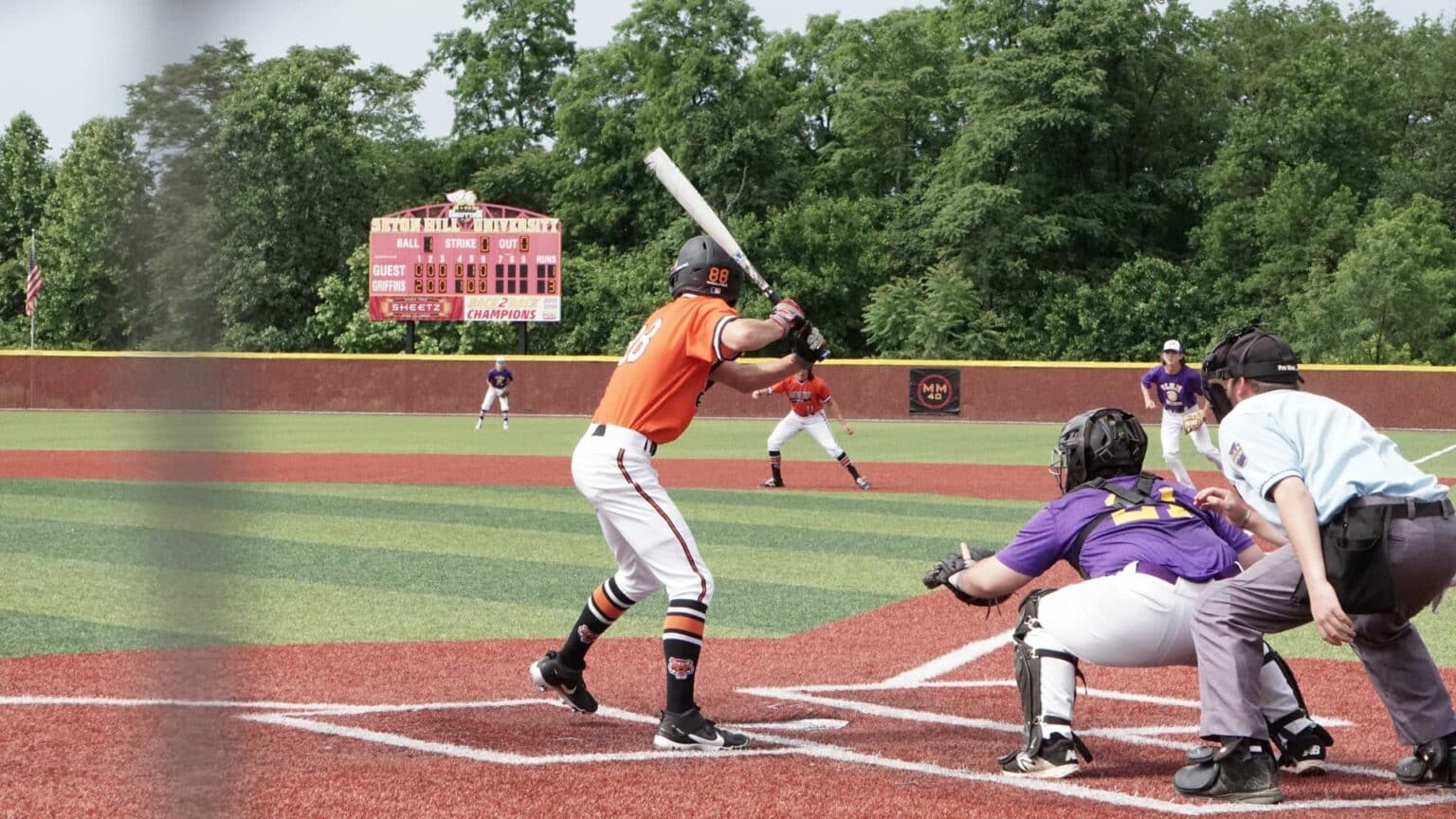
If you’re thinking about becoming a captain, here are few things to keep in mind:
Be A Good Role Model — As captain, you’ll be looked up to by your teammates – so it’s important to set a good example both on and off the field. Be someone they can look up to and respect, both as a player and as a person. Show them what it means to be a good teammate, and they’ll follow your lead.
Lead By Example — A good captain leads by example – so make sure you’re giving 100% at all times, both in practices and games. Your teammates will follow your lead, so if you hustle and work hard they will too. Never give up on yourself or your team – no matter what the score is, always believe that you can come back and win.
The Captaincy in Youth Baseball — As the captain of your youth baseball team, it is important to remember that you are the leader and role model for your teammates. They will look up to you and follow your lead, so it is important to set a good example on and off the field. You should always hustle and work hard, and never give up on yourself or your team – no matter what the score is. Always believe that you can come back and win.
Where do Youth Baseball Players go after they stop playing?
The glory days of youth baseball are over. The young player hangs up their cleats for the last time, and is left to wonder: where do youth baseball players go after they stop playing?
Some drift away from the game entirely. They lose interest in following major league baseball, and the sport becomes a distant memory. For others, baseball remains a part of their life in some capacity. They might play softball or participate in fantasy leagues. Some even stay involved by coaching youth teams or working as umpires.
Many former ballplayers find that they miss the camaraderie of being part of a team. They reminisce about the good times they had on the diamond, and often look back fondly on their years playing youth baseball. While they may not compete anymore, many still take solace in knowing that they once were part of something special.
For some youth baseball players, their time on the diamond is cut short due to injury or a lack of interest. Others move on to play high school baseball, and then maybe college ball before eventually settling into a career. But for all of them, there comes a time when they have to hang up their cleats for good.
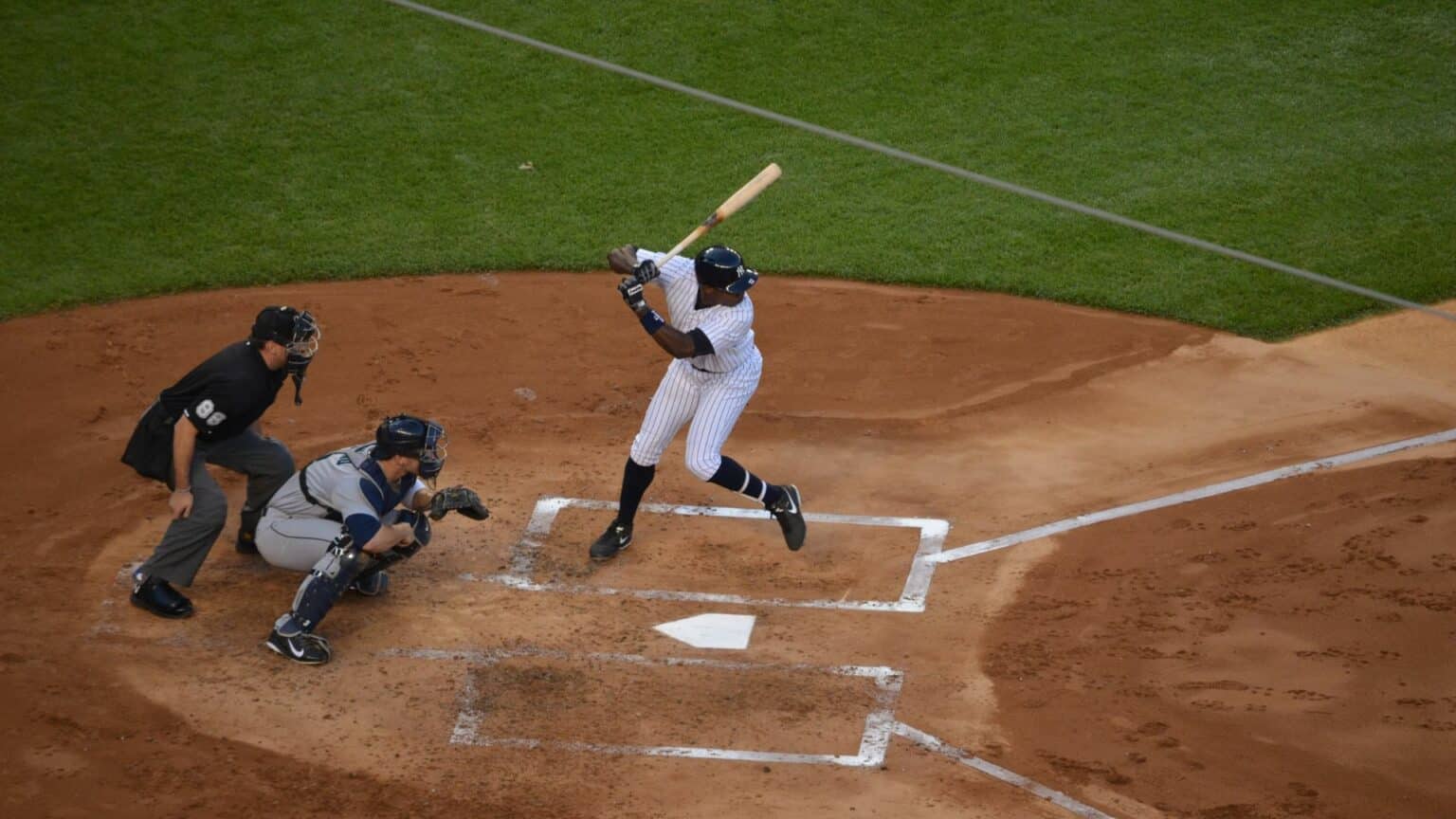
But for most ex-youth baseball players, life goes on just like it does for everyone else. They get married, have kids, and start careers. And while they may not think about those days spent on the diamond as often as they once did, they’ll always have fond memories of their time playing youth baseball.
And then there are those who have families of their own and become parents themselves. For these individuals, youth baseball becomes a way to bond with their kids and share something special together. It’s a chance to relive those glory days through their children’s eyes and help them create memories that will last a lifetime.
No matter where life takes them after youth baseball, one thing is for sure — those who played the game will always carry it with them in some way shape or form. It’s a sport that instills lifelong values like teamwork, sportsmanship, and hard work. For many, youth baseball is a gateway to a successful future in the sport.
And of course, there are always those who just can’t seem to let go of their youth baseball days and continue playing long into adulthood! No matter what path ex-youth ballplayers take after hanging up their cleats, one thing is for sure: the memories gained from playing youth baseball will stay with them forever.
Is Quailty Baseball equally as important?
When discussing the importance of quality baseball, it is important to first consider what quality baseball actually is. Quality baseball can be defined in a number of ways, but most simply, it is baseball that is played at a high level and is enjoyable to watch. There are a number of factors that go into making quality baseball, and these can vary depending on who you ask. However, some common elements of quality baseball include good pitching, solid defense, and timely hitting.
While there are many different opinions on the matter, I believe that quality baseball is just as important as ever. In today’s game, there is more emphasis than ever before on producing results and winning games. This has led to teams putting less focus on developing young players and building for the future, and instead concentrating on signing free agents and making trades for short-term gains. While this may help a team win more games in the present, it does not do anything to improve the long-term prospects of the franchise.
Quality baseball should be important to all fans of the sport because it represents what the game should be about – competition at its highest level with both individual players and teams striving to be their best. When done right, quality baseball is a thing of beauty to watch, with teams playing an aesthetically pleasing brand of baseball that is exciting and entertaining.

Unfortunately, not all games are played at the highest level of competition, which can make for some pretty ugly baseball. Low-quality baseball can be characterized by poor fielding, shoddy pitching, and batters hacking away at anything remotely close to the plate in an effort to get on base however they can. This type of baseball is often referred to as «small ball» or «moneyball,» and while it can sometimes lead to success for individual teams, it doesn’t make for very good viewing overall.
Quality baseball, on the other hand, is a delight to watch. Fielding is crisp, pitchers are firing on all cylinders, and hitters are looking for ways to put runs on the board in creative ways. This type of play requires each player to be at the top of their game individually in order to give their team the best chance to win. It’s a true team effort, and when done right it results in some truly great baseball.
So why isn’t quality baseball always being played? Unfortunately, there are a number of factors that can contribute to lower levels of play. For one, some players may not be as talented as others. This is especially true in lower-level leagues, where the talent pool isn’t as deep. Additionally, some players may not be properly trained or lack the necessary experience to play at a high level. Finally, there can be outside factors that impact the quality of play, such as weather conditions or subpar field conditions.
That being said, there are still plenty of ways to enjoy quality baseball, even if it’s not always at the highest level. For example, watching Minor League games can be just as enjoyable (if not more so) than watching Major League games. There are also a number of independent and international leagues that offer top-notch baseball (e.g., Japan’s Nippon Professional Baseball). So even if you can’t always find quality baseball being played in your own backyard, there are still plenty of options out there for diehard fans.
There’s no doubt that quality baseball is being played all over the world, and it’s something that any fan can appreciate. While different countries and regions may have their own unique ways of playing the game, at its core baseball is still auniversal language that everyone can enjoy. From the crack of the bat to the smack of the leather on a well-hit ball, baseball is a game that just about anyone can pick up and play.
You Also May Like
Copyright 2026 © Top Sports For Kids
Topsportsforkids.com is a participant in the Amazon Services LLC Associates Program, an affiliate advertising program designed to provide a means for sites to earn advertising fees by advertising and linking to Amazon.com.

